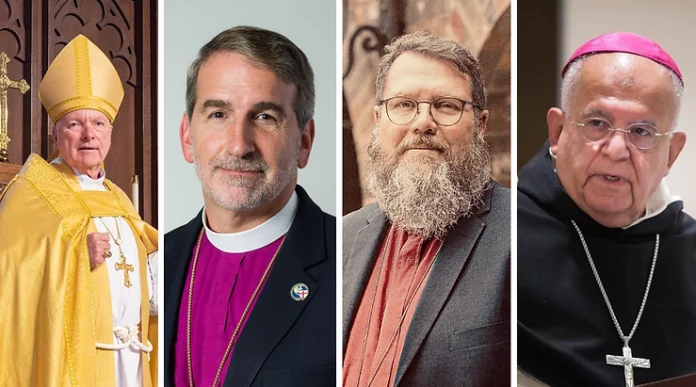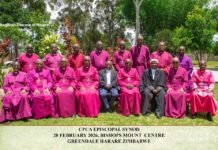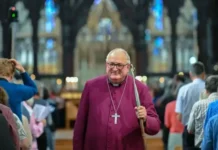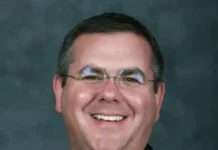In a historic step, the Vatican is working toward “full communion” with conservative Anglicans by recognizing Anglican holy orders and churches without requiring “amalgamation or conversion.”
The union will be based on a Malta II proposal presented by the Anglican Church of North America (ACNA), that revives the Malta I report agreed upon by Pope Paul VI and archbishop of Canterbury Dr. Michael Ramsey in 1966.
According to the Malta I proposals, differences in matters like Petrine primacy, infallibility, and Mariology, would be overcome by ensuring that “neither Communion is tied to a positive acceptance of all the beliefs and devotional practices of the other.”
Unity and mutual acceptance of holy orders would be based on the recognition that each Communion “accepts the basic truths set forth in the ecumenical Creeds and the common tradition of the ancient Church.”
Historical events and past decrees like Apostolicae Curae, which was issued in 1896 by Pope Leo XIII declaring all Anglican ordinations to be “absolutely null and utterly void,” would be re-examined “only to the extent that they can throw light upon the facts of the present situation.”
Significantly, the process of Anglican-Roman Catholic union would not be processed by the Vatican’s Dicastery for Promoting Christian Unity, but through the Dicastery for the Doctrine of the Faith.
OLD CATHOLIC PRIEST AND MEDIA CELEBRITY HAILS DEVELOPMENT
“I think it is fantastic to continue the conversations on ecumenism that arose through Vatican II,” media celebrity and Old Catholic priest Fr. Calvin Robinson told Souls and Liberty. “I know ecumenism is a dirty word to some people but I think it’s a good thing that the Church is looking for unity since every single denomination already prays for Christian unity.”
“The ACNA has become the predominantly recognized Orthodox Anglican body in the US, and while it still has some issues to work through, as do all denominations, the fact that they are engaging with Rome shows that they are serious about providing a Catholic perspective to the Christian faith in America,” Robinson commented.
I know ecumenism is a dirty word to some people but I think it’s a good thing that the Church is looking for unity.
“There will be a lot of doubling down from people who do not actually want a united Church,” Robinson warned. “They will say there’s already the Ordinariate. Of course, the Ordinariate offers a very particular charism for very a particular demographic but it isn’t a way to reunite the Church.”
This correspondent learned of secret meetings between ACNA bishops and top officials at the Dicastery for the Doctrine of the Faith earlier this year, and had first published a report of the historic meeting in the summer edition of Mass of Ages — the quarterly magazine of the Latin Mass Society.
NEW REPORT CONFIRMS SECRET TALKS
The meetings have now been confirmed in an Ecumenical Relations Task Force Report released by the ACNA College of Bishops, who met at a provincial council from June 20-25, in Latrobe, Pennsylvania.
The report reveals that Abp. Foley Beach, then-primate of ACNA; Bp. Eric Menees, chair of dialogue with the Roman Catholic Church; and Bp. Ray Sutton, presiding bishop of the Reformed Episcopal Church, flew to the Vatican for meetings at the DDF in June 2023.
Read it all in Souls & Liberty




[…] Source link […]
[…] 2024, p. 60), même si elles auraient en fait débuté dès le mois de juin 2023, selon un autre article. Ces pourparlers sont également relatés par le numéro d’été de Mass of Ages, édité par […]